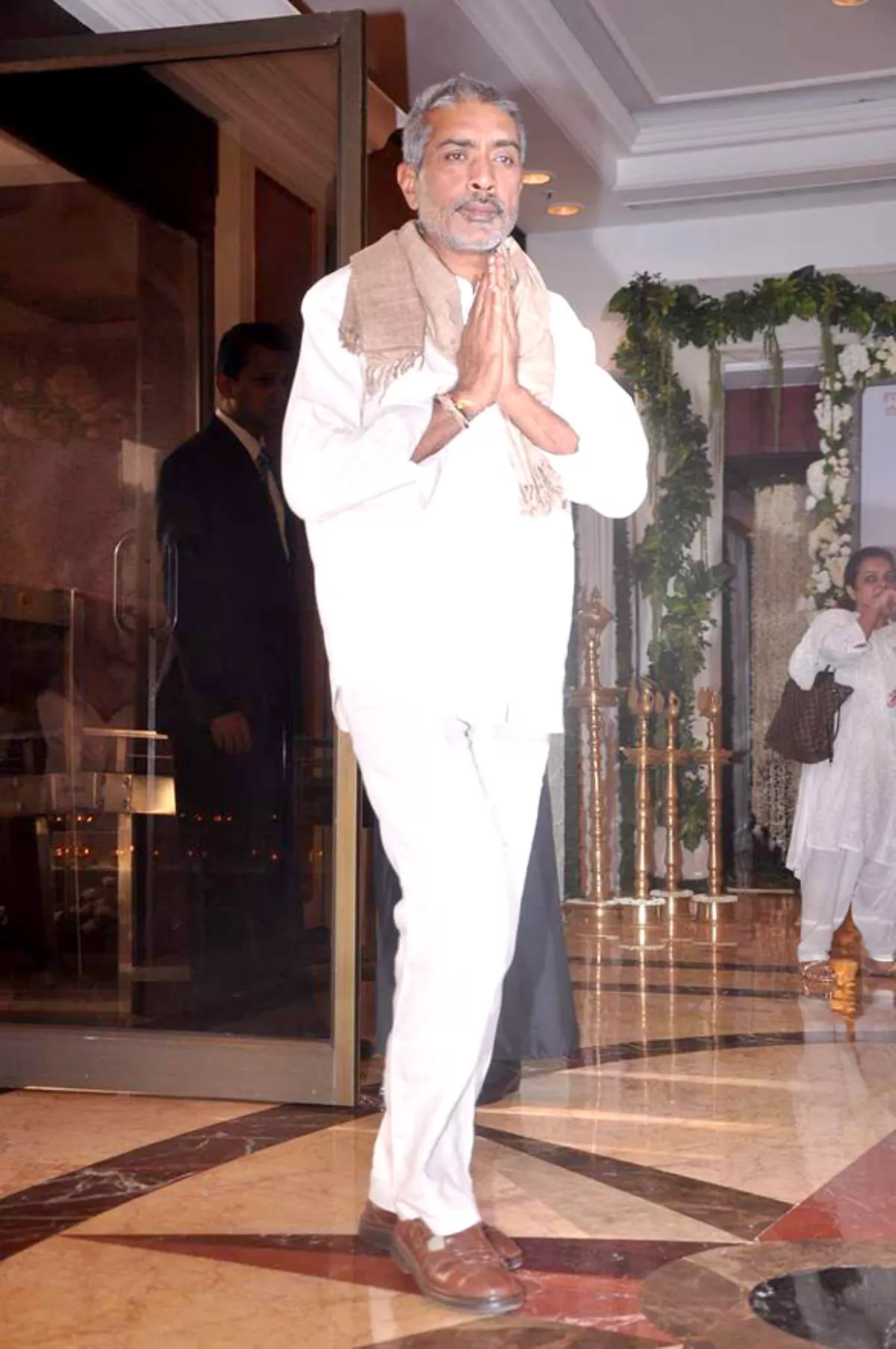 1.
1. Prakash Jha was born on 27 February 1952 and is an Indian film producer, actor, director and screenwriter, mostly known for his political and socio-political films such as Hip Hip Hurray, Damul, Mrityudand, Gangaajal, Apaharan, and his multi-starrer films, Raajneeti, Aarakshan, Chakravyuh, and Satyagraha.